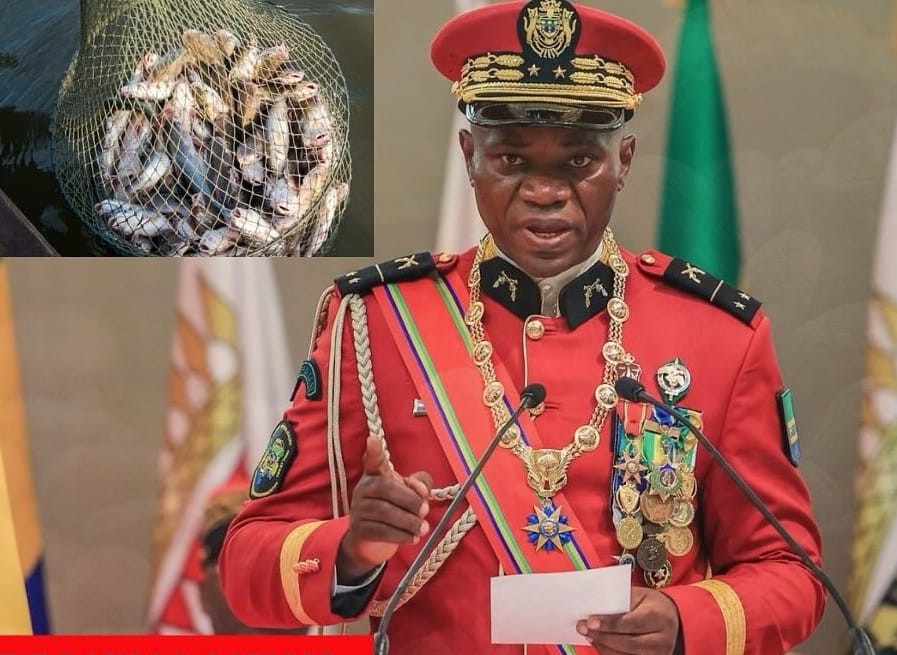Gabon has announced its decision to terminate a nearly two-decade-old fisheries partnership with the European Union, citing concerns over fairness, economic returns, and the sustainability of its marine resources. The move represents a major policy shift aimed at asserting greater national control over the country’s natural assets.
Signed in 2007, the agreement granted European vessels permission to operate in Gabonese waters in exchange for financial compensation to support Gabon’s fisheries sector. While the deal was initially seen as a mutually beneficial arrangement, Gabonese authorities now argue that the partnership has disproportionately favored the EU.
President Brice Clotaire Oligui Nguema criticized the deal as fundamentally imbalanced, stating that European fleets have extracted substantial value from Gabonese waters while offering limited returns to the host nation. According to the president, the partnership has failed to deliver on promises of local economic development, including infrastructure investment and employment opportunities.
One of the most contentious issues is the export of fish caught in Gabonese waters directly to Europe, bypassing local landing and processing. Gabon’s government sees this as a missed opportunity for domestic value addition and job creation. Officials have now made it clear that any future fishing arrangements must prioritize local economic engagement, particularly through the development of a homegrown fish processing industry.
In its formal statement, the government emphasized the urgency of reevaluating foreign partnerships that do not align with Gabon’s broader economic goals. The statement reiterated the country’s intention to harness its marine resources in a way that benefits its population directly, both through employment and industrial growth.
The European Union reacted with surprise to Gabon’s unilateral decision but recognized the country’s sovereign right to end the agreement. EU officials expressed a readiness to engage in new talks, signaling an openness to renegotiating the terms under a more equitable framework.
Gabon’s decision signals a broader shift in its approach to natural resource management—one that places national interest, sustainability, and long-term economic empowerment at the forefront. As the country redefines its position in global fisheries partnerships, it is likely to serve as an example for other coastal African nations reassessing similar agreements.



